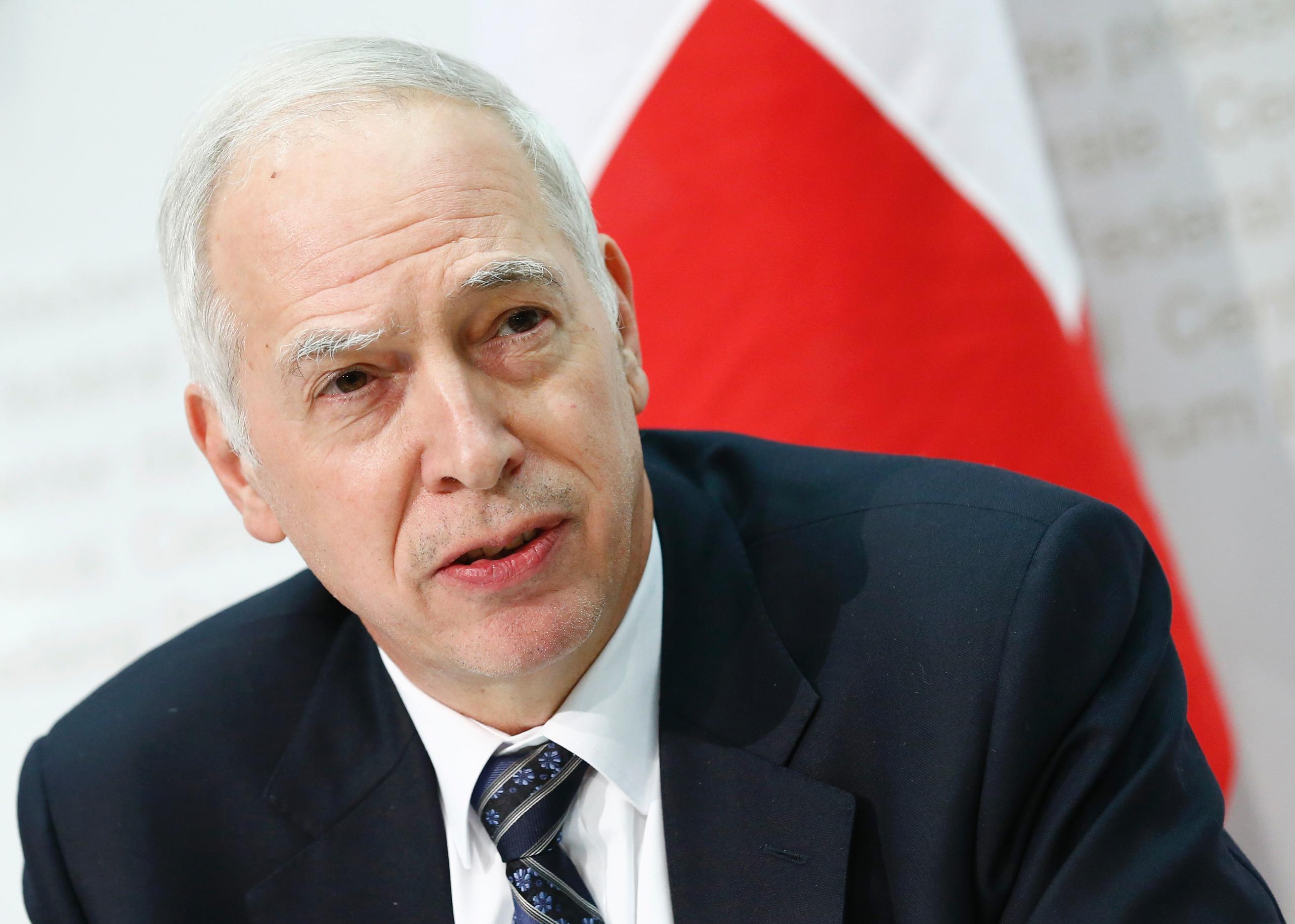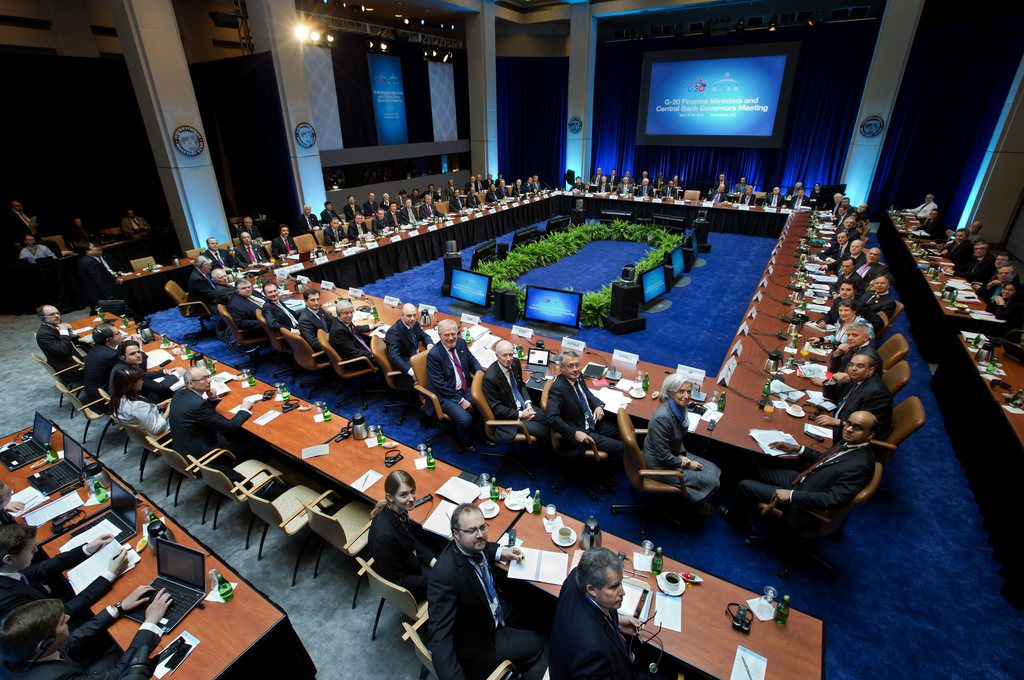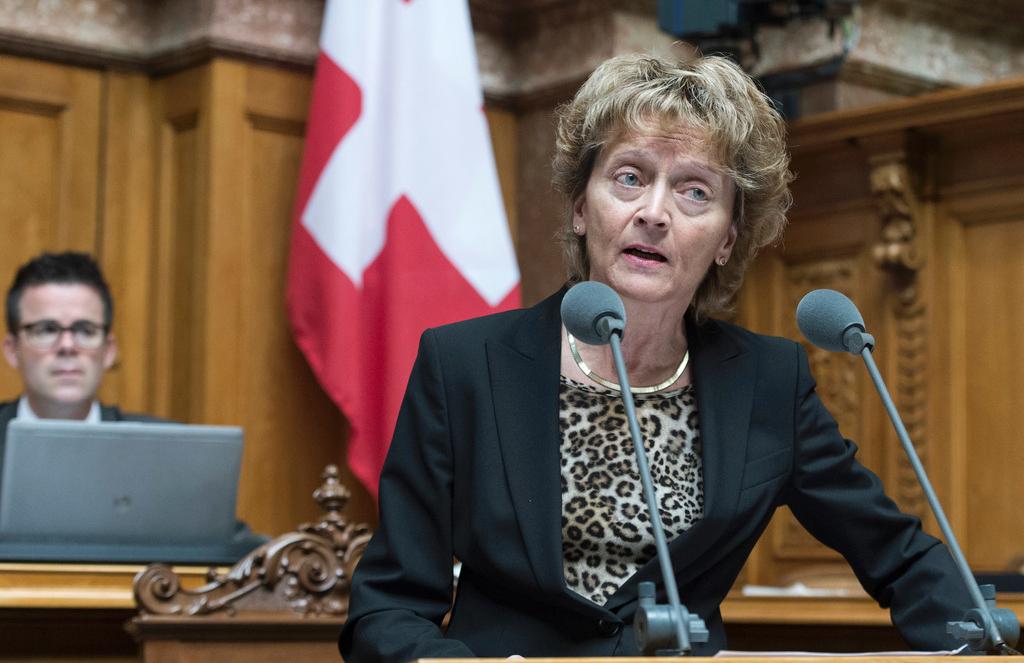OECD upgrades Swiss tax compliance status

Switzerland has made further progress on meeting international tax compliance standards after being upgraded to phase 2 of the Organisation for Economic Cooperation and Development’s (OECD) tax transparency review process.
However, Switzerland faces a potentially tougher examination in the coming months, particularly regarding the use of stolen bank data by other countries to request information on suspected tax cheats.
The OECD’s Global Forum body, which was set up to test tax compliance standards in member states, gave Switzerland the thumbs up on Monday when announcing the results of its supplementary reportExternal link into the alpine nation.
Last year, Switzerland enacted a number of legal changes to meet the Global Forum’s standards on exchanging tax information with other countries. Among the changes were laws that banned the use of bearer shares and that removed the need to inform bank clients if they were under investigation by tax authorities.
A number of double taxation treaties with other countries have been amended to bring them up to international tax data sharing standards.
Also last year, Switzerland signalled its intention to introduce automatic exchange of tax information with other countries by 2018.
Now that legal obstacles have been removed for Switzerland to achieve this goal, the Global Forum plans to assess how new information exchange standards are being implemented during phase 2 of its peer review process. That phase is expected to start in the latter half of this year and last several months.
Stolen data
“Switzerland has moved a step in the right direction but the real test is how you exchange information in practice,” Pascal Saint-Amans, director of the OECD’s Centre for Tax Policy and Administration, told swissinfo.ch.
“The peer review group will be checking how many requests are sent to Switzerland, what are the responses and if the requesting countries are happy with these responses.”
He warned that Switzerland would not get away with issuing a blanket veto on information requests that are based on stolen bank data. “This is a delicate and difficult topic, but if someone is on a list [of suspected tax cheats] they should not be immune from prosecution simply because the data has been stolen,” he told swissinfo.ch.
His words echoed statements in the peer 1 review report that said that new tax exchange treaties will “prevail over bank secrecy rules”. “Where provisions of a treaty are clear and unconditional, they prevail over any conflicting rule in domestic law,” the report underlined.
Stolen bank data has been a particular thorn in Switzerland’s side in recent years, leading to lurid media headlines and diplomatic disputes. The latest example of information stolen from HSBC’s Geneva private banking branch has generated a storm of global attention which has greatly damaged the reputation of the Swiss financial centre.
Switzerland has robustly refused to cooperate with requests, most notably from India, that are based on stolen data as it would break Swiss banking secrecy laws. “As a matter of principle Switzerland does not cooperate on the basis of stolen data. That would be contrary to the Swiss law,” SIF spokeswoman Anne Césard told swissinfo.ch.
Global Forum peer reviewers might take a different view, if the failure of Luxembourg to clear phase 2 is anything to go by. Luxembourg was deemed non-compliant after phase 2 scrutiny in 2013. Among the reasons given is that Luxembourg refused to exchange information in cases involving stolen data.
But a formula appears to have been found that could both negotiate Swiss law and prevent further fall-outs with individual countries, or even the OECD as it conducts its phase 2 peer review. In October of last year Switzerland and India signed a joint statement declaring that the Swiss authorities could cooperate in cases of stolen data if India first uncovers other corroborating evidence of tax offences to support the request.
Public beneficial owner registers
The use of investigations by the requesting country to probe suspected tax cheats named in stolen data, and find independent supporting evidence of wrongdoing, could be a template for Switzerland cooperating with other countries in possession of illicitly obtained bank information.
Eric Martin, chairman of Transparency International’s Swiss chapter, welcomed Switzerland’s recent law changes that have enabled it to move to phase 2 in the Global Forum’s peer review.
But he believes that the new laws do not go far enough to stamp out corruption being funnelled through Switzerland. Pointing to recent allegations of Brazilian oil giant Petrobras using the Swiss financial centre to hide corrupt practices, Martin said that Swiss lawmakers have still not gone far enough.
“It would have been even better had parliament ordered a centralised public register highlighting the beneficial owners of opaque structures such as shell companies and trusts,” he told swissinfo.ch. “We have strong anti-money laundering laws, but without this level of transparency we still observe that it can sometimes be difficult to implement them.”

In compliance with the JTI standards
More: SWI swissinfo.ch certified by the Journalism Trust Initiative












You can find an overview of ongoing debates with our journalists here . Please join us!
If you want to start a conversation about a topic raised in this article or want to report factual errors, email us at english@swissinfo.ch.